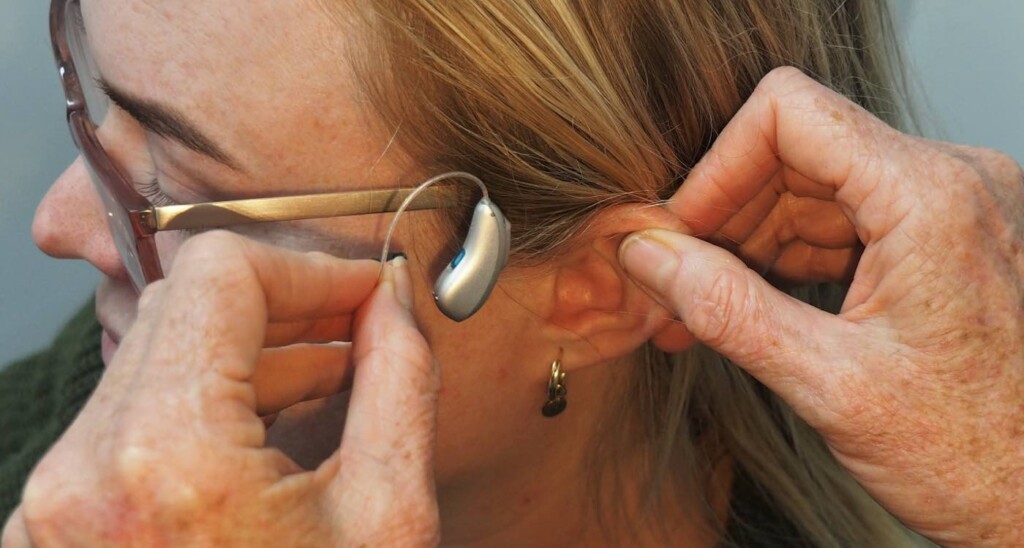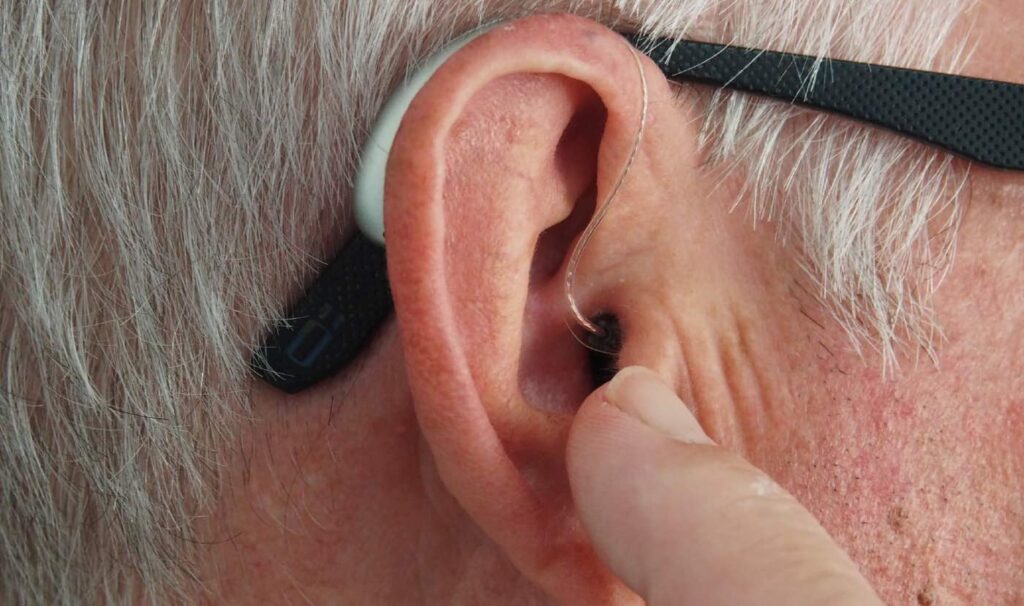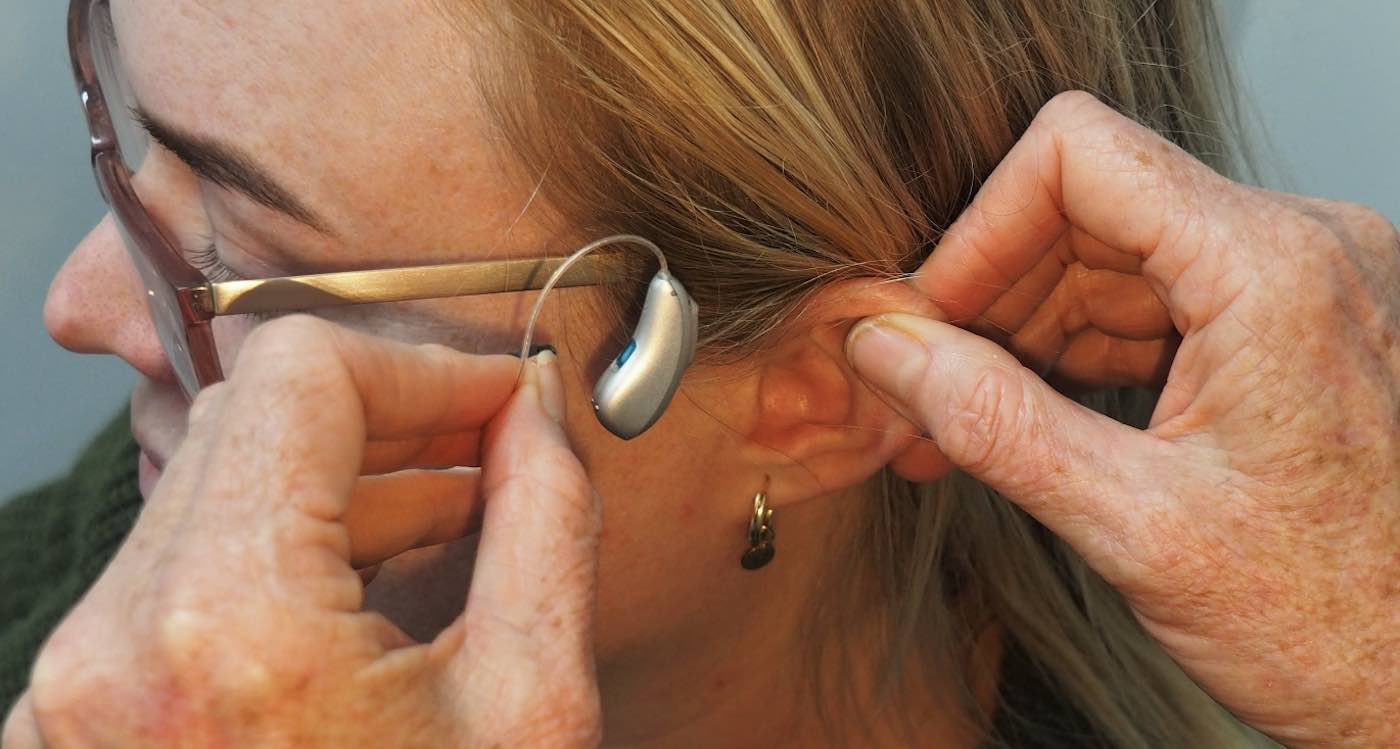
New research suggests hearing aids may help people live longer, showing that such devices reduce the risk of death by almost 25 percent.
Hearing loss affects tens of millions of people around the world—but only one in 10 who need hearing aids use them.
Those who refuse their doctor’s advice to wear hearing aids may want to make a New Year’s resolutions to wear one, according to Scientists at the University of Southern California who conducted a new study published in The Lancet journal Healthy Longevity.
“We found that adults with hearing loss who regularly used hearing aids had a 24 percent lower risk of mortality than those who never wore them,” said lead research Dr. Janet Choi.
“These results are exciting because they suggest that hearing aids may play a protective role in people’s health and prevent early death.”
Previous research has shown that untreated hearing loss can result in a reduced life span, and higher levels of depression and dementia, but there’s been little research examining if the use of hearing aids can reduce the risk of death.
REVERSING HEARING LOSS: MIT Researchers Reverse Hearing Loss By Regenerating Inner Ear Hair Growth
Dr. Choi, an otolaryngologist with USC’s Keck Medicine, said that the new study represents the most comprehensive analysis to date on the relationship between hearing aid use and mortality.
She and her colleagues used data compiled by a national survey from 2012 to identify almost 10,000 adults 20 years and older who had completed audiometry evaluations, a test used to measure hearing ability, and who filled out questionnaires about their hearing aid use. Their mortality status was followed for a follow-up period of 10 years after their evaluations.

A total of 1,863 adults were identified as having hearing loss. Of these, 237 were regular hearing aid users, which were characterized as those who reported wearing the aids at least once a week, five hours a week or half the time, and 1,483 were identified as ‘never-users’ of the devices. Subjects who wore the devices less than once a month were categorized as ‘non-regular’ users.
Researchers found that the almost 25% difference in mortality risk between regular hearing aid users and never-users remained steady, regardless of variables such as the degree of hearing loss (from mild to severe); age, ethnicity, income, education and other demographics; and medical history.
There was no difference in mortality risk between non-regular users and never users, indicating that occasional hearing aid use may not provide any life-extending benefit.
WATCH: Baby Girl has Priceless Reaction to Hearing Her Sister’s Voice for the First Time
While the study didn’t examine why the hearing aids may help people live longer, but Dr. Choi pointed to recent research linking hearing aid use with lower levels of depression and dementia.
She believes the improvements in mental health and cognition that come with improved hearing can promote better overall health.
She, herself, was born with hearing loss in her left ear—but did not wear a hearing device until her 30s. She hopes this research will encourage people to overcome factors like stigma and cost, which might keep them from acquiring a device.
LOWER COSTS: Biden’s Move to Allow Hearing Aids to Be Sold Over-the-Counter is Now Saving Americans Thousands
Choi is also working on an AI-driven database that categorizes hearing aid choices and tailors them to individual patient needs.
DON’T BE SILENT: Share the Health Tip With Loved Ones on Social Media…




















